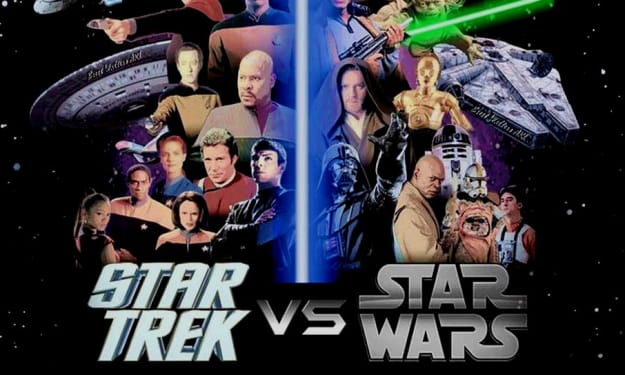Kasparov vs Letterman
30 Years since the (Chess) War for Late Night
“At the age of 26, our next guest is the greatest chess player in the world, and some consider him, perhaps, the greatest chess player that ever lived.”
With this introduction, Letterman welcomed Garry Kasparov on stage back in 1989.
The FIDE World Champion discussed his mindset at the board and his upcoming match with Deep Thought, the predecessor to the computer Deep Blue. He even showed an early example of his willingness to speak publicly against corrupt politicians.
What followed was a mostly forgotten victory for chess as Kasparov began a weeks-long advertisement for the game on Late Night with David Letterman.
Bobby Fischer had briefly sat at a chess board, answering Dick Cavett’s questions on the ABC Network more than a decade and a half earlier, but Letterman had a more entertaining idea in mind when he signaled for a comically large chess board to be rolled out on stage. With a picture of Letterman’s face taped to the black king and Kasparov’s taped to the white king, the two kicked off a correspondence game.
The World Champion played 1e4 and Letterman answered with a5, moving a pawn along the edge of the board.
“Very bad,” Kasparov said.
“How ‘bout that?” Letterman asked, taking back his move and playing in the center with d5.
“Better,” Kasparov laughed.
When the game resumed, the board was lifted onto Letterman’s desk and he picked up the phone and greeted Kasparov, who was in Paris.
Kasparov played, “Pawn takes pawn,” and Letterman retook with his queen and offered, “I want to ask you now if you would like to give up”.
Kasparov declined.
On their next call, Letterman played his invented Turkish Gambit and celebrated putting the World Champion in check. The next night Kasparov saved his king by blocking with the bishop.
Night after night, the greatest late night host of all time and perhaps the greatest chess player of all time put chess in front of millions of viewers.
“You use your queen too much,” Kasparov advised.
“You’ve lost a piece, I’ve lost a piece,” Letterman countered. “It’s a standoff. Don’t you think it’s a standoff?”
“In a couple of moves you’ll be in trouble,” Kasparov warned.
“All right, Garry. Go back to bed.”
Letterman certainly showed signs of having second thoughts about the segment as the correspondence game progressed.
“As interesting as that is,” Letterman said of the video recap of their game, which played before each call. “Isn’t there a way we could shorten that up a little bit? My God! It just goes on and on… People are going out for soft drinks.”
“Hey, America,” he announced another night. “It’s time to play chess. We’ve been doing this now for eight months… I was bored the second night.”
The poor phone connection between New York and Moscow led Letterman to ask Paul for clarification a few times as he thought he heard Kasparov say something about George Foreman in one call. In another Letterman asked, “What? He went antiquing? Is that what he said? I can’t understand a word he said. The phone is all screwed up.”
“You’re queen’s in big trouble,” Kasparov warned from Moscow.
“I know, I know. Now, relax,” Letterman answered.
“You can move the pieces in the correct manner,” Paul complimented Dave as he looked for the silver lining in Letterman’s losing effort.
At one point, Letterman got the moves mixed up and suggested that next time they should play cards. He flirted with the international operator in one call and showed concern about whether he was the subject of conversations within the KGB in another.
For weeks, the active World Champion called in from Paris, Moscow, Belgrade, and London to put chess in the spotlight on American TV. The band played the chess rock song “One Night in Bangkok” by Murray Head before each segment.
“I have this pawn in check,” Letterman boasted the night before Kasparov pushed his d-pawn to the sixth rank.
“Do you run into many chess babes there in London?” Letterman asked.
Kasparov sacrificed his queen the next night and with his following move delivered checkmate. Letterman launched the pieces through the window, triggering the breaking glass sound effect.
And so, the game that was perhaps watched by more people than any other in the history of chess came to an end.
About the Creator
Otis Adams
Otis Adams is an essayist, fiction writer, and poet. He enjoys and writes about chess, boxing, and television history.
Please consider supporting Otis's work at Patreon.com/OtisAdams.






Comments
There are no comments for this story
Be the first to respond and start the conversation.